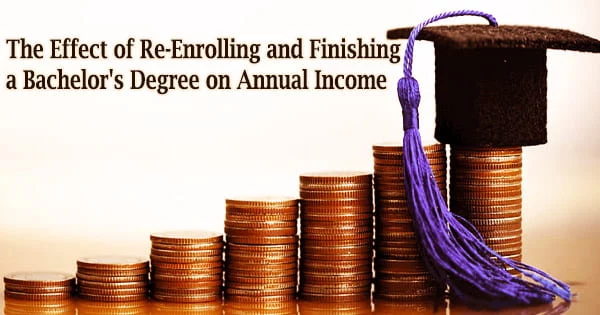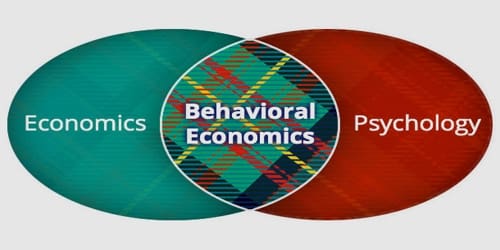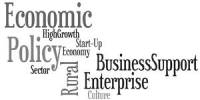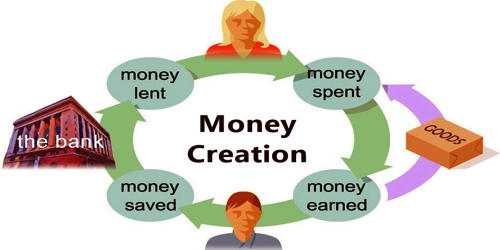A Kansas State University economist found that going back to school to get a bachelor’s degree causes both an immediate rise in annual income after graduation and an increase in annual income growth each year following graduation.
According to research by Amanda Gaulke, an assistant professor of economics in the College of Arts and Sciences, graduates who return to school and complete a bachelor’s degree typically earn $4,294 more immediately after graduation and see an average increase in income of $1,121 annually. The paper was just made available in the Economics of Education Review.
“No matter how I looked at the data, those who returned and finished a bachelor’s degree see an economically meaningful increase in income after degree completion,” Gaulke said. “The average age at graduation for this sample is 27, so they certainly have a lot of working years left to experience improved labor market outcomes.”
Gaulke wanted to know if returning to finish a bachelor’s degree led to better economic outcomes in comparison to both those who never returned and those who returned to finish a bachelor’s degree but dropped out again. Current economic literature primarily focuses on the traditional college student those who graduate high school, go to college, earn a degree, and then start a career.
“This information is important for people who are wondering if they should return to school,” Gaulke said. “When thinking in terms of weighing costs and benefits, it is important for those people to know that there are real economic benefits of going back and completing a bachelor’s degree.”
Before taxes are deducted from your paycheck, your annual income is the total amount of money you earn each year. For instance, even though you don’t really take home $75,000 after deductions, if you are paid a yearly salary of $75,000, this is your annual income. This form of income is often estimated by adding up how much an individual earns from January 1 through December 31 of the same year.
The fiscal year, which runs from the first of October or one year to the last day of September in the next year, is the basis for the income of various organizations, particularly those that are part of the government.
To maximize economic output, we have to use resources efficiently. If employees are not as productive or skilled because they are unable to make well-informed decisions about re-enrolling and completing their bachelor’s degrees, this reduces worker productivity.
Amanda Gaulke
According to Gaulke’s research, students who re-enroll and graduate have a considerably higher likelihood of finding employment, working more hours per week, and working more full-time weeks per quarter.
The students who returned but did not finish their degrees also experienced marginal salary increases. In the end, having a trained workforce is also advantageous to companies and the American economy.
“To maximize economic output, we have to use resources efficiently,” Gaulke said. “If employees are not as productive or skilled because they are unable to make well-informed decisions about re-enrolling and completing their bachelor’s degrees, this reduces worker productivity.”
Another advantage of this study, according to Gaulke, is that it has caused many institutions of higher education to broaden the scope of their recruitment efforts beyond just high school graduates.
Today, a large number of private sector businesses provide services to assist schools and universities in re-enrolling students who dropped out before finishing their degrees.
The findings of this study imply that colleges and universities may increase enrolment levels as well as the economic outcomes for these students by developing or putting into practice programs to assist students in returning to school and completing a bachelor’s degree.
People who want to finish their degree at K-State can learn more about the university’s admission requirements for transfer students and submit an online application right now.
















